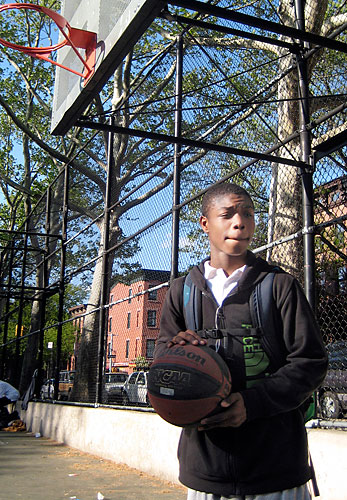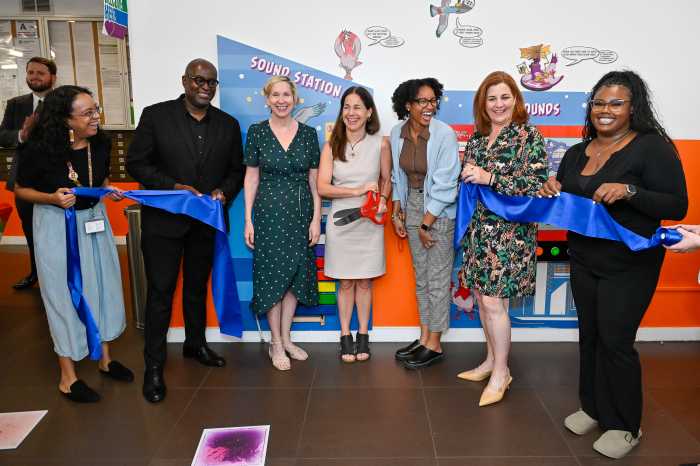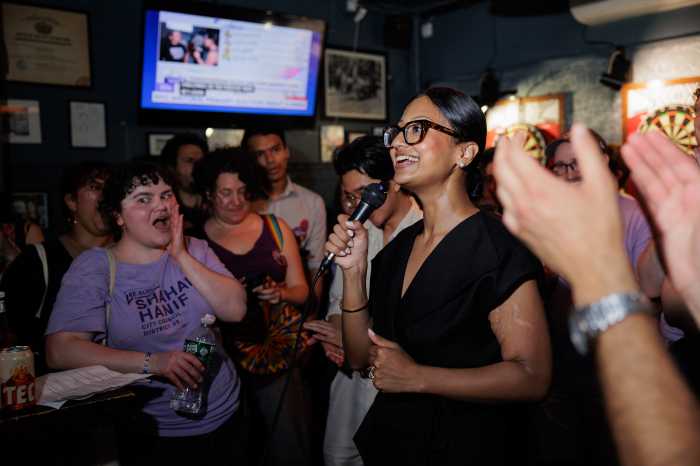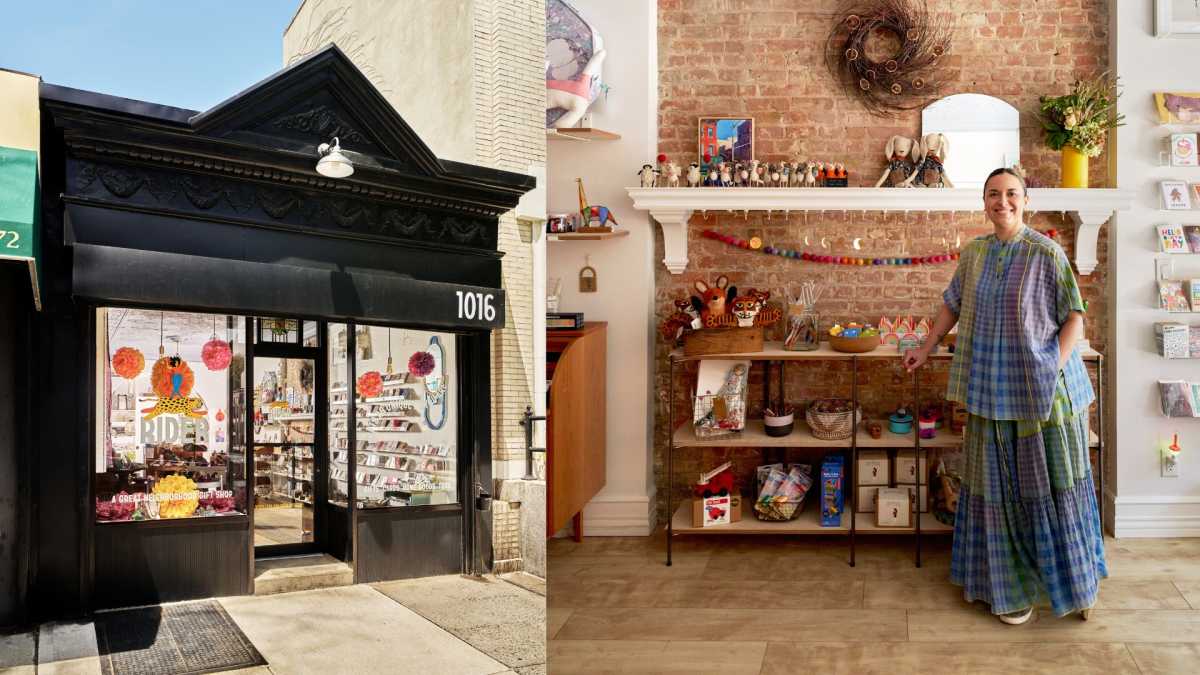The city is shuttering two much-needed after-school programs in Park Slope and a summer program in Fort Greene because the neighborhoods aren’t poor enough to justify their existence.
As a result, several hundred students who use the Out of School Time programs at PS 295 and PS 282 in Park Slope, along with the summer program at IS 113 in Fort Greene will be left to fend for themselves this summer and in the 2010-11 school year.
“Taking this program away is dangerous,” said Traci Tucker as she picked up her 6-year-old son, Ryan, from PS 282 on Sixth Avenue. “This is for single parents, or families where both parents work, like ours.”
But Park Slope and Fort Greene aren’t poor enough, according to Department of Youth and Development spokesman Ryan Dodge, who said that the programs can continue only in the most-needed neighborhoods due to budget cuts.
“[We} examined our entire portfolio and sought to preserve programs that serve the needs of working parents … in high-need areas,” he said.
As a result, the city will cut 33 after-school programs, with nine in Brooklyn getting the axe. Additionally, 31 summer programs will be cut citywide, including 11 in Brooklyn.
In all, the savings will be $7.5 million.
But that’s too little money to save, considering the importance of these programs, said Charles Anderson, who runs both programs at IS 113. He said that the summer school program keeps kids between 11-13 off the streets and out of trouble.
“It’s totally unfair to these kids to cut the program,” said Anderson. “The kids tell me that they don’t want to be on the streets and that they want to come here. Parents don’t feel good about leaving their kids at home either.”
Anderson said the summer program brings the riches of New York City’s cultural offerings to Brooklyn kids. Last summer, for example, it included trips to the American Museum of Natural History and to the Museum of the American Indian, both in Manhattan.
Ninety percent of his kids come from working-class parents, said Anderson. “The city has given us the option to charge parents, but that defeats the whole program,” he added.
In the end, it’s the kids who lose out, said Leslyn Thomas, whose 12-year-old uses both programs.
“He loves the whole summer camp and after-school program so much he never wants to miss school,” she said.
























